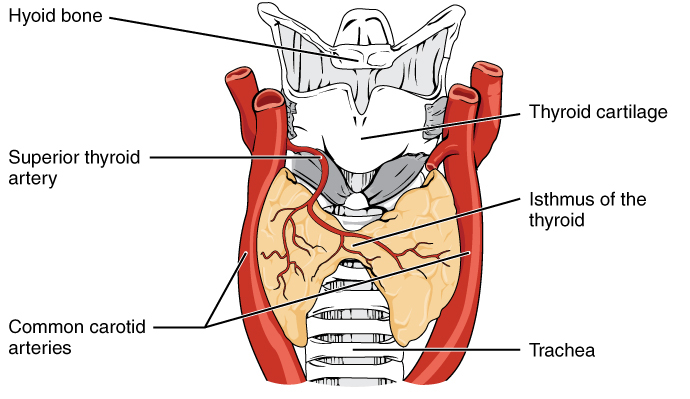Men and women use different birth control methods, which includes hormonal contraception, to prevent pregnancy. Out of all the methods or forms of contraceptives, the pill is the most common and it’s used by women. In most cases, the pill is given on a doctor’s prescribed plan to be used on a twenty-one or twenty-eight day cycle. So, how do birth control pills work?
Before looking at how the pill would work in a woman’s body, we will give you some information about the pill itself. Oral contraceptive pill is a wonder for modern chemistry and it is legal, reliable, affordable and culturally acceptable to use. However, the pill did not get all of these attributes easily. Even though the pill is extremely popular, it has been associated with a lot of controversy over the years. It has been a legal birth control method for a while and became available to every woman in 1972, but it is still difficult for some women to get it.
Another thing is that some women get pregnant even though they are using the pill, while some experience mild or severe side effects. Some women experience side effects which are very unpleasant and they are forced to switch between the different types of pill or even stop using it completely.
How Do Birth Control Pills Work?
In general, the pill is very straightforward and a woman would take it by mouth or orally to prevent pregnancy. It is said to be about 99.9 percent effective when used correctly, but it cannot give protection against the sexually transmitted diseases such as the HIV/AIDS.
If you are using the pill, you would take one every day at the same time for twenty-one days. After that, you would either take an inert pill or a placebo to keep up with the daily pill-taking routine or take nothing at all for seven days whilst seeing your period. Ideally, you should not get pregnant because the pill has hormones to prevent you from ovulating.
Now, it is very common for some people to get confused when they are looking at how birth control pills work, so here is a brief breakdown:
Birth control pills consist of hormones. The hormones are essentially chemicals which our bodies make to control the function of different areas. Some of the birth control pills have two hormones, progestin and estrogen. These are known as the combination pills. Others have only progestin hormone. The combination pills are used by most women.
The progestin hormone mimics progesterone in the pill, while estrogen reduces the Gonadotropin-releasing hormone (GnRH). In turn, this releases the LH and FSH hormones. This prevents the growth of the follicles, which stops the egg from developing and getting released from the ovary. The synthetic hormones are basically working to make the ovary believed that it has released an egg.
What happens is that the endometrium will build up in the uterus still and is then released. This is referred to as a withdrawal period, as the body is reacting to the withdrawal of the regular hormonal cycle. The corpus luteum cannot grow if the ovary does not release an egg, which is why women have shorter and lighter period whilst taking the pill. Moreover, the progestin makes the thicker vaginal mucus that might make it difficult for sperm to go into the fallopian tube.
The progestin and estrogen hormones in the pills are actually working in the bloodstream together in order to prevent ovulation. During ovulation, you would release an egg or ovum that a sperm settles inside the uterus or womb for fertilization. If you are not ovulating, there will be no eggs so you are less likely to get pregnant. Aside from eliminating the eggs, a birth control pill will thicken the mucus around the cervix to create a sperm-blocking wall or system. Any egg that enters the uterus will be protected from fertilization.
It is important to point out that the pill will not stop the GnRH or any other hormones all together. This is not common but some women ovulate and get pregnant while taking the pill. Most times this happens because the pills are not taken at the same time daily or one or more pills are missed. You have to take birth control pills regularly and consistently to maintain the right hormone balance. Few women have hormones which are absolutely no match for the artificial ones in the pill and will still get pregnant.
So, the birth control pills have hormones which:
- Prevents the ovaries from releasing eggs, and in turn prevent pregnancy.
- Makes the cervical mucus a lot thicker to prevent sperm from joining with the eggs.
- Controls the menstrual cycle and prevent pregnancy.
Now that you know how birth control pills work, you need to understand that every woman is different and so there are variable degrees of effectiveness.



